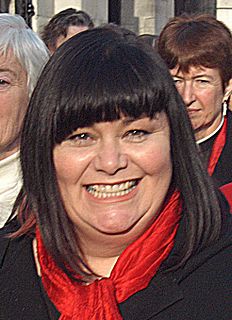A Quote by Ariel Rechtshaid
It's been said to me that I'm self-destructive because I'll walk away from things that are good.
Related Quotes
The destructive character knows only one watchword: make room. And only one activity: clearing away. The destructive character is young and cheerful. For destroying rejuvenates, because it clears away the traces of our own age; it cheers, because everything cleared away means to the destroyer a complete reduction, indeed a rooting out, of his own condition.
I started to write the song. And I was in Gladewater, Texas, one night with Carl Perkins and I said, I've got a good idea for a song. And I sang him the first verse that I had written, and I said it's called "Because You're Mine." And he said, "I Walk The Line" is a better title, so I changed it to "I Walk The Line."
It seems to me there is less meanness in atheism, by a good measure. It seems that the spirit of religious self-righteousness this article deplores is precisely the spirit in which it is written. Of course he's right about many things, one of them being the destructive potency of religious self-righteousness. (p. 146)




































